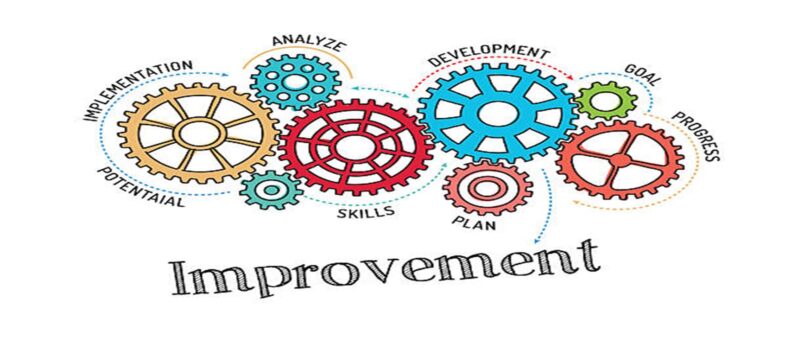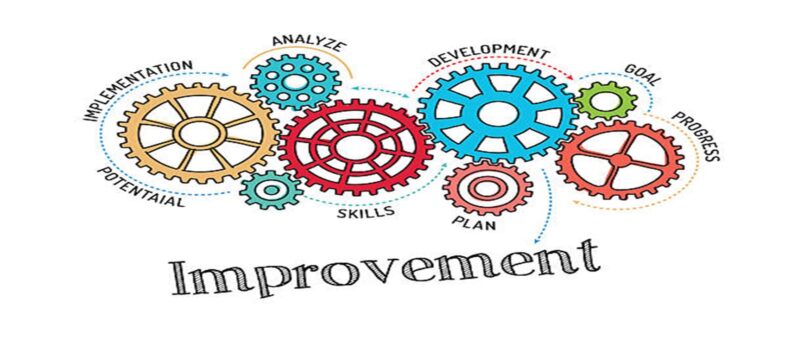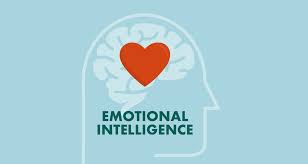The Nine Perspectives
How do you make decisions in life? Are you clear about your decisions all the time or do you experience confusion often? Most of us are bound to make decisions according to our gut feelings which may or may not be misleading. Sometimes we even go with the flow because it’s highly uninteresting or stressful to make a good choice. But how do we change our thinking perspective towards a










